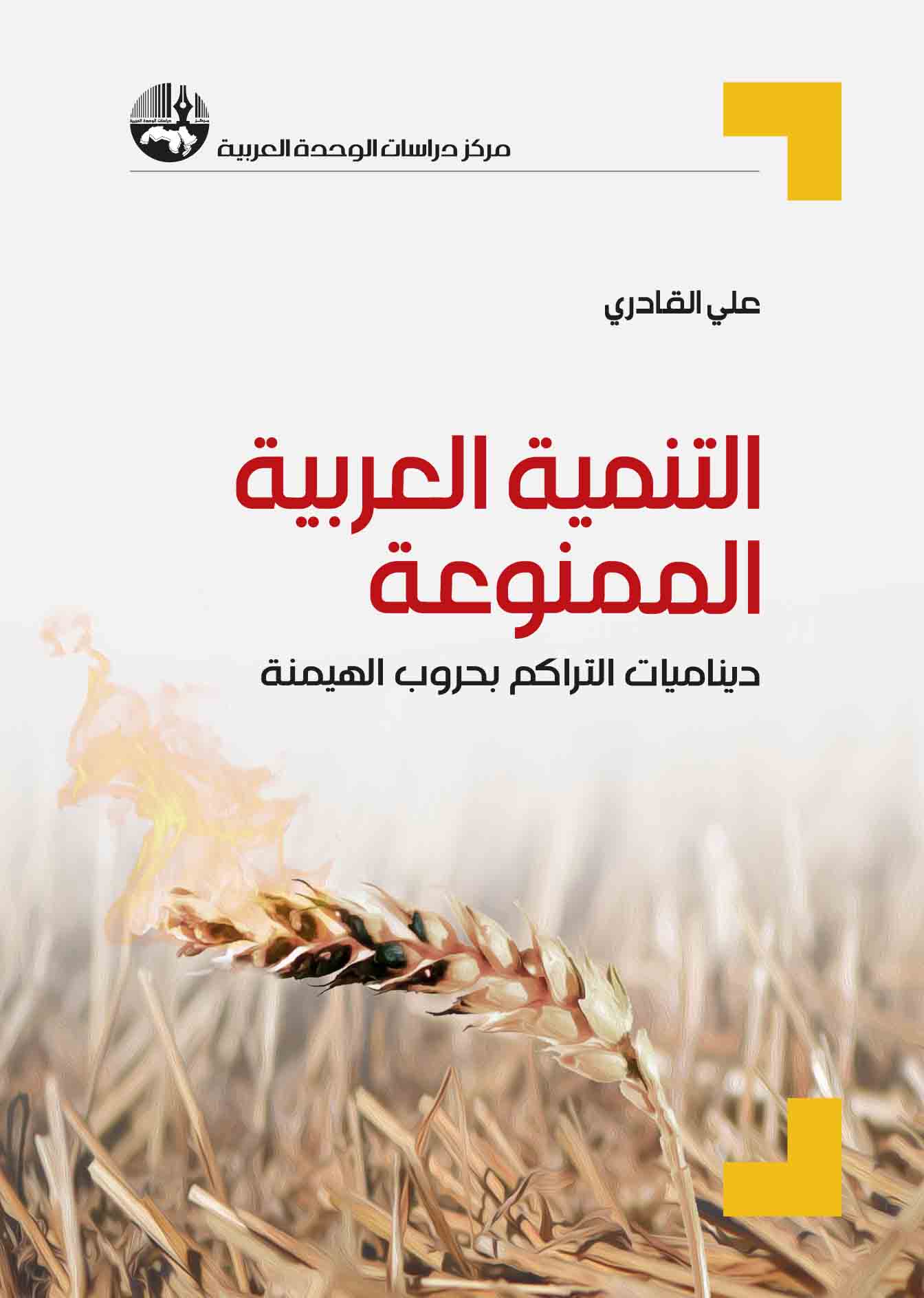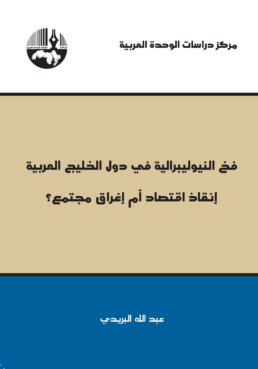The Center for Arab Unity Studies has published the book Arab Development Denied: Dynamics of Accumulation by Wars of Encroachment, by Dr. Ali Al-Qadri.
This book is published at a time when the issue of underdevelopment and failure of development options is still one of the basic issues facing the countries of the Arab world and most of the third world countries, despite the successful development experiences that made important achievements in the post-independence era, on various social, economic and cultural levels. These experiences have ceased to exist in recent decades, and collapsed along with it previous accumulations in the development process. So why have these Arab development experiences failed, and what are the obstacles that prevent the state in the Arab world from restoring its role in development, and are the ruling social classes in Arab countries, which are more subordinate classes to global capital and to US imperialism, are truly capable of achieving development in their countries?
In this book, Ali Al-Qadri examines the historical, structural and relational keys that explain the mechanisms of imperialist domination in the world and their role in impeding development in the Arab world, especially in the last three decades in which the Arab world has witnessed a reverse development process.
The book focuses in interpreting “aborting development process” in the Arab world on a set of causally related keys, through which US imperialism was able to consolidate its hegemony over the region and plunder its wealth. Most notably, the wars and defeats that the Arab world suffered in recent decades and what they caused in terms of deepening American hegemony over oil, reshaping the Arab ruling classes according to the American will, and strengthening dependency and plundering value in Arab societies for the benefit of the imperialist center. The book stressed on a focal point in this process, which is the dispossession of the security of the working class that forms the backbone of national sovereignty in these societies.
Add a review
You must be logged in to post a review.
You May Also Like
The Trap of Neoliberalism in GCC Countries: Saving the Economy or Depleting the Society?
Price range: 6 $ through 10 $
Humanity Confronting Neoliberalism (English version)
Price range: 10 $ through 16 $
Development and Poverty : A Critical Review of Concepts and Measuring Tools
Price range: 12 $ through 19 $
Lebanon’s Political Economy and Hindrance to Development: The Dialectic of External Influence, Political Sectarianism, and the Unproductive Economy
Price range: 10 $ through 14 $
The Political Economy for Oil: An Arab Perspective
Price range: 9 $ through 14 $
Oil, Development and the Need for Reform
Price range: 7 $ through 11 $
The Unmaking of Arab Socialism
Price range: 10 $ through 16 $








